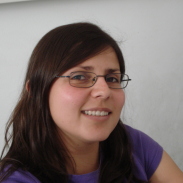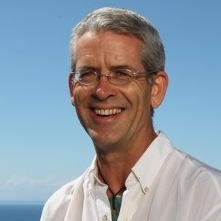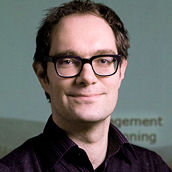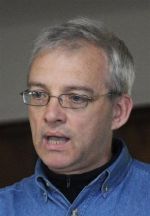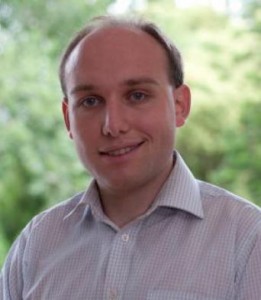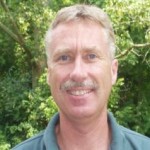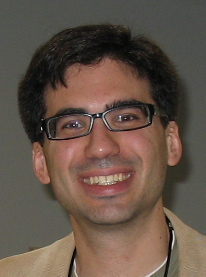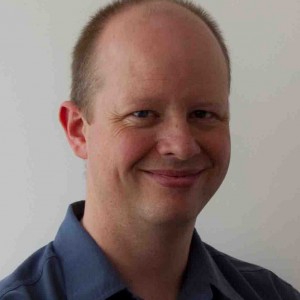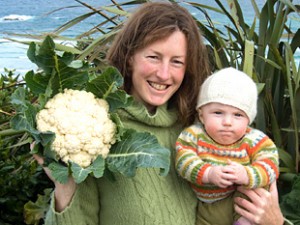Dr John C Thomas is a psychologist who has been a pioneer in the development of Human Computer Interaction since the early 1970s. Most recently he helps lead the people side of IBM’s Smarter Cities initiative. He was also a leader in the application of design patterns to computing.
In this web-only feature recorded at CHI2011 by Samuel Mann, John explores how patterns might provide a framework for developing sustainable solutions.
Some related resources:
Conference paper from IBM’s Sharon Nunes focussing on smart water “Not just because ‘we can’…but because ‘we must'”
John Thomas’s “Who Speaks for wolf?” pattern.
Christopher Alexander’s A Pattern Language



